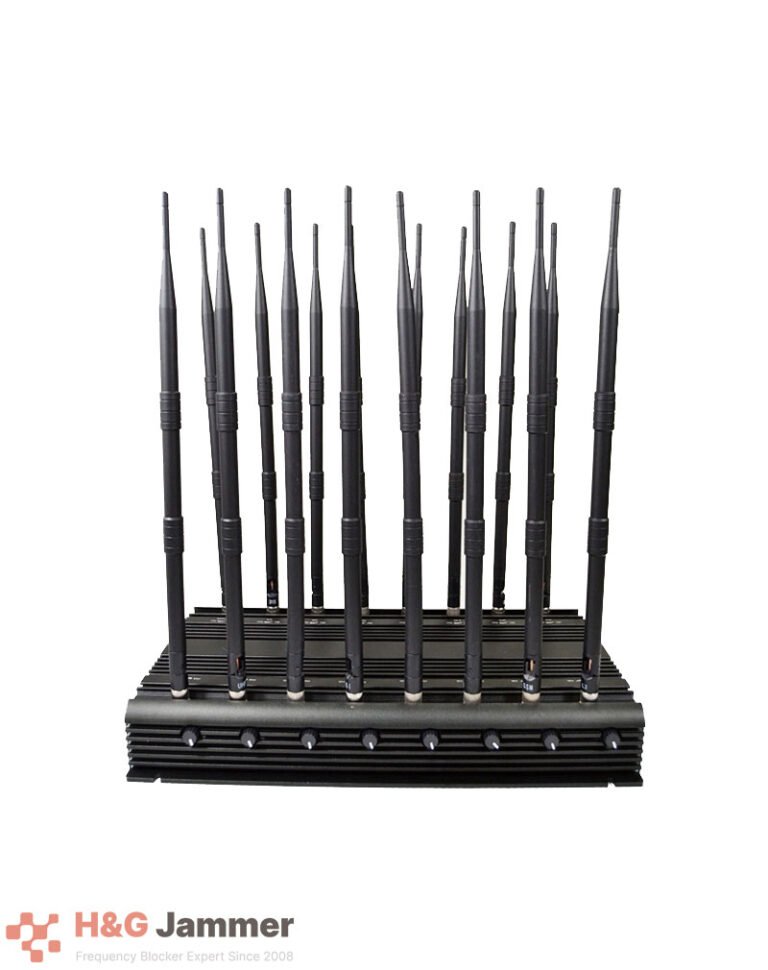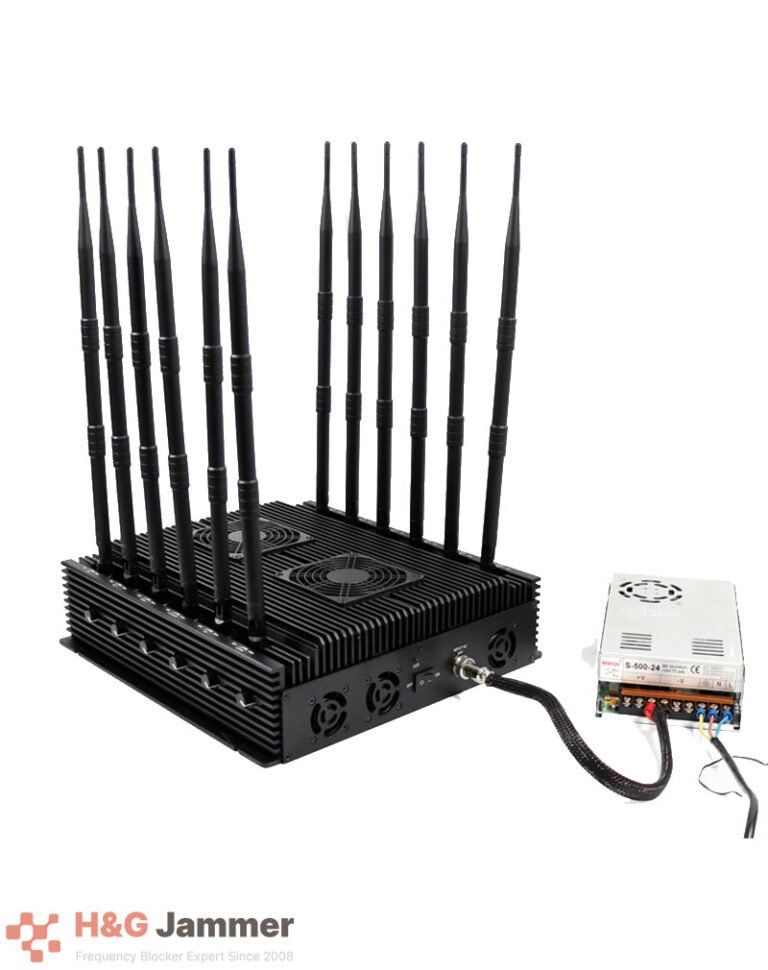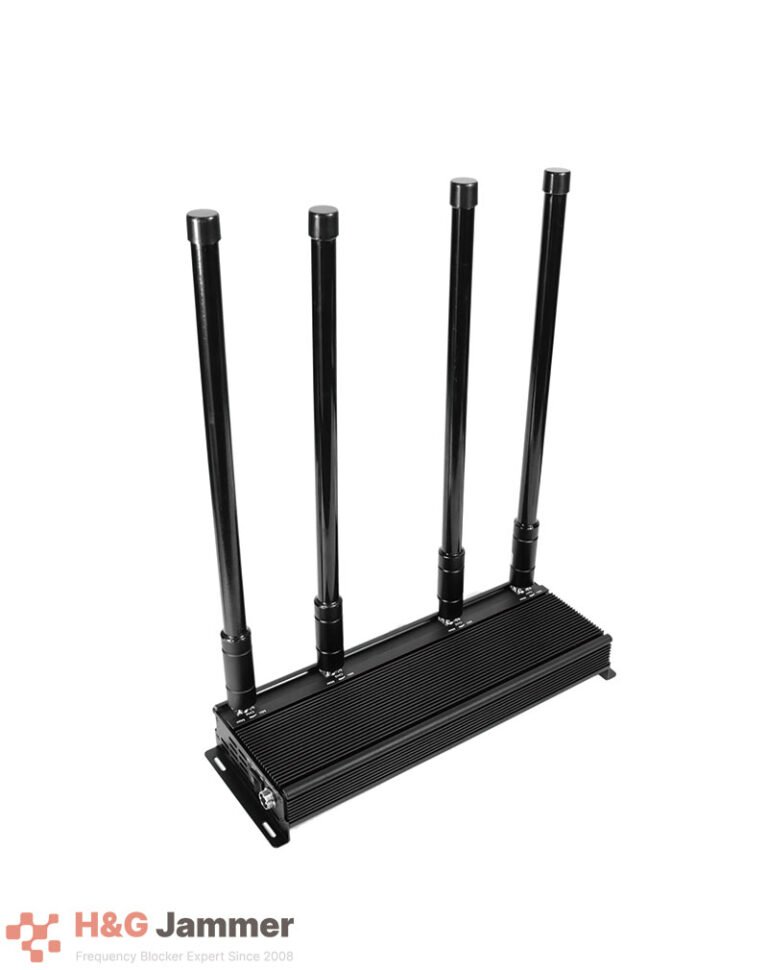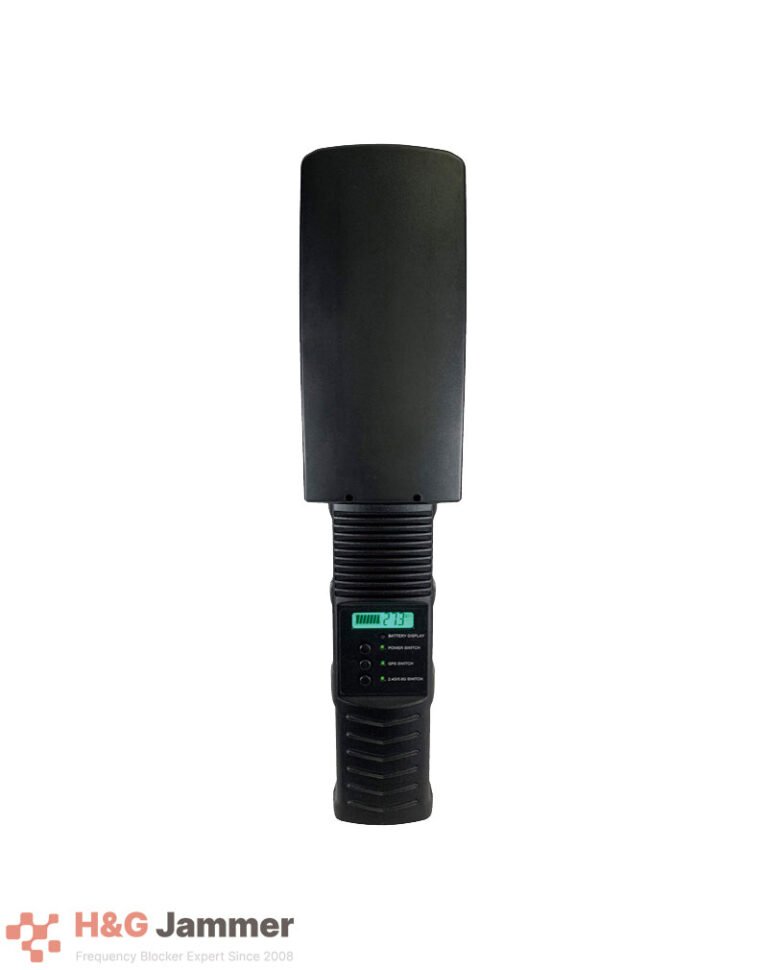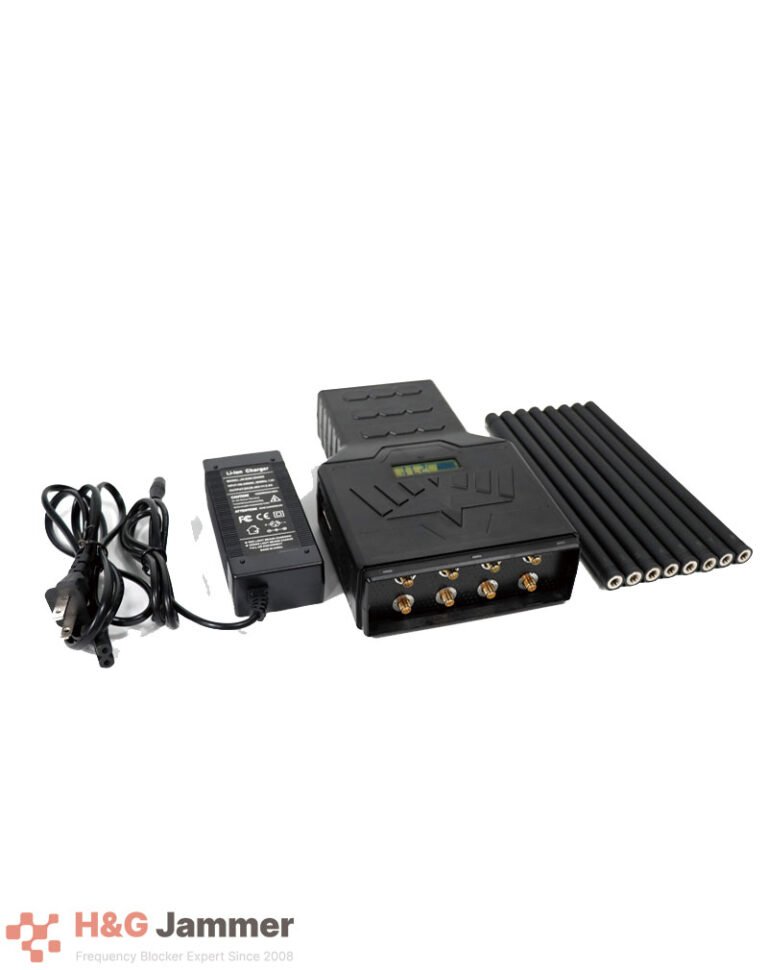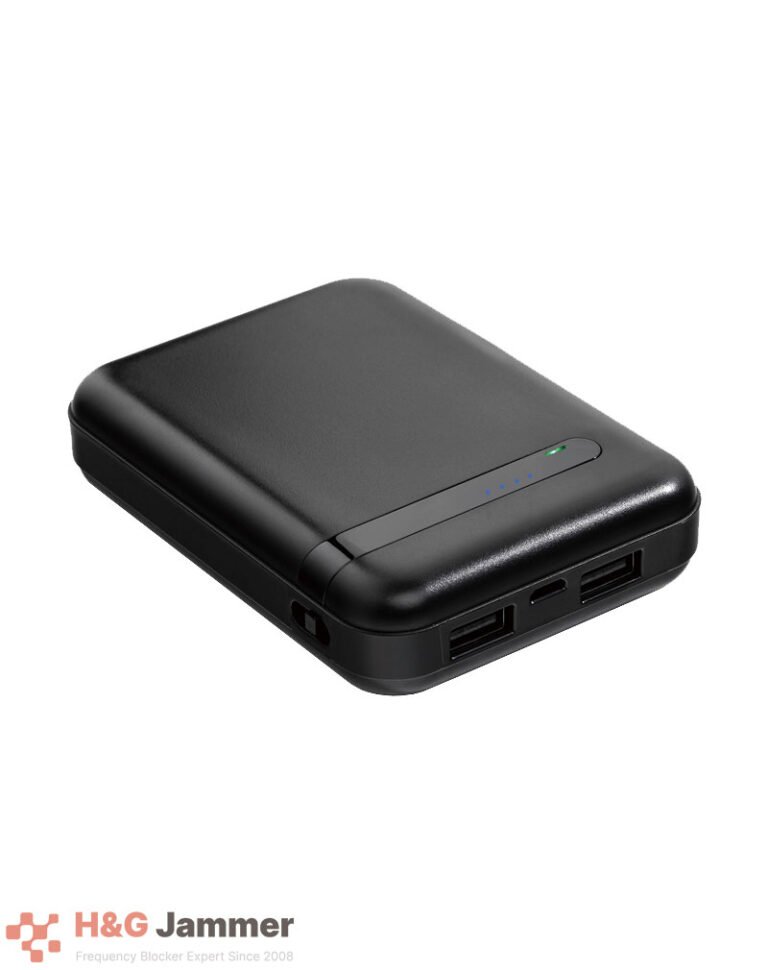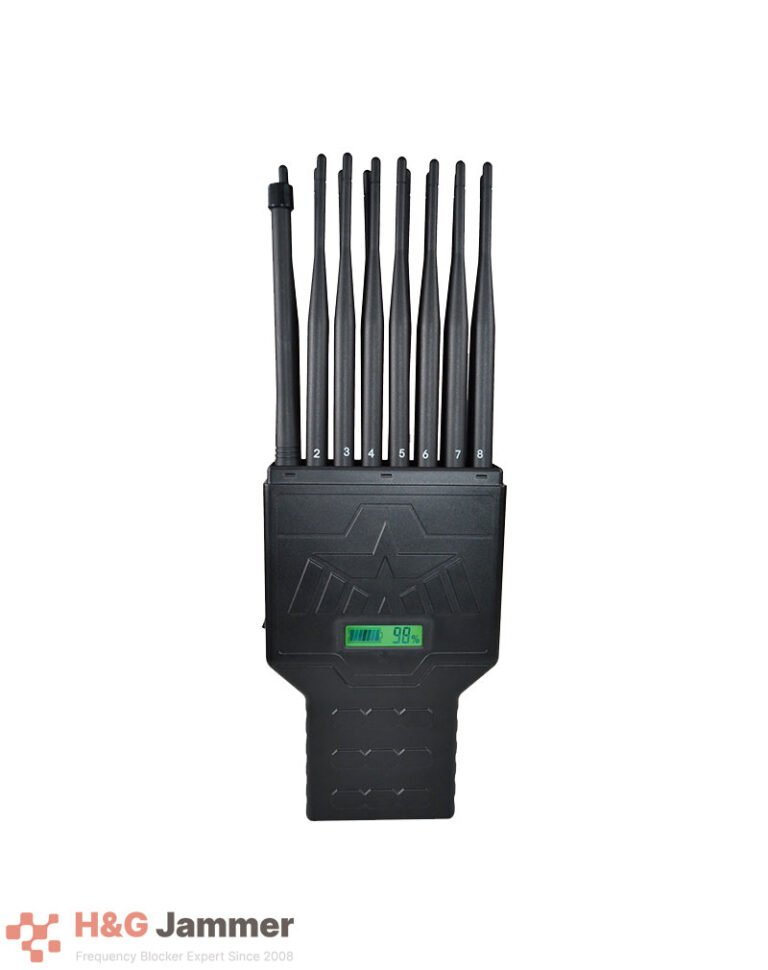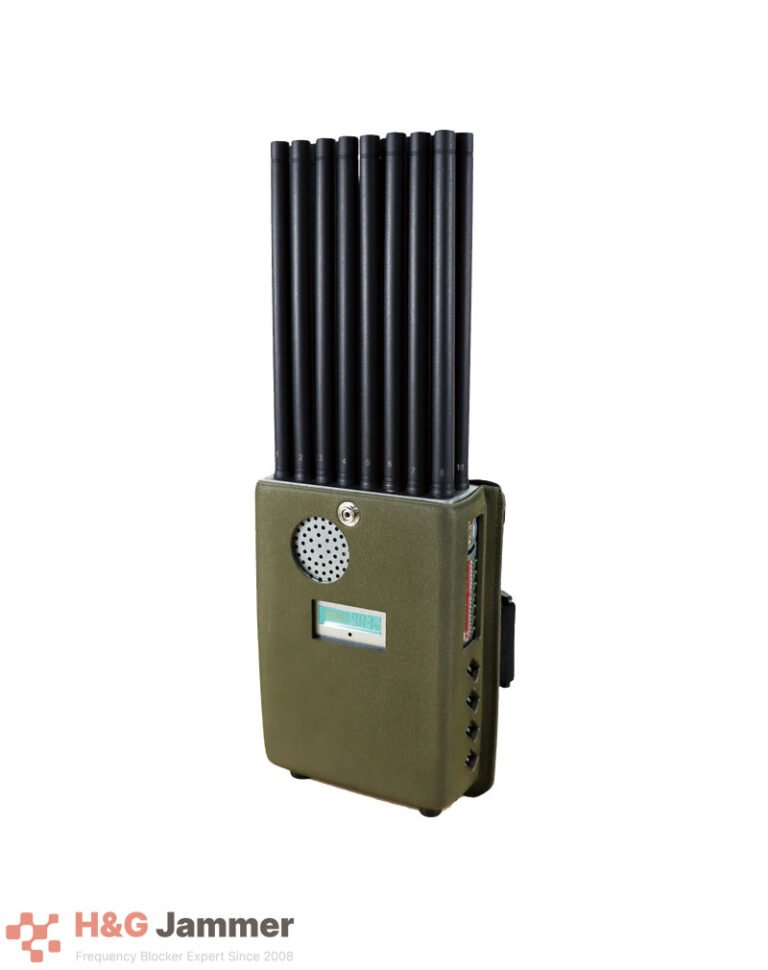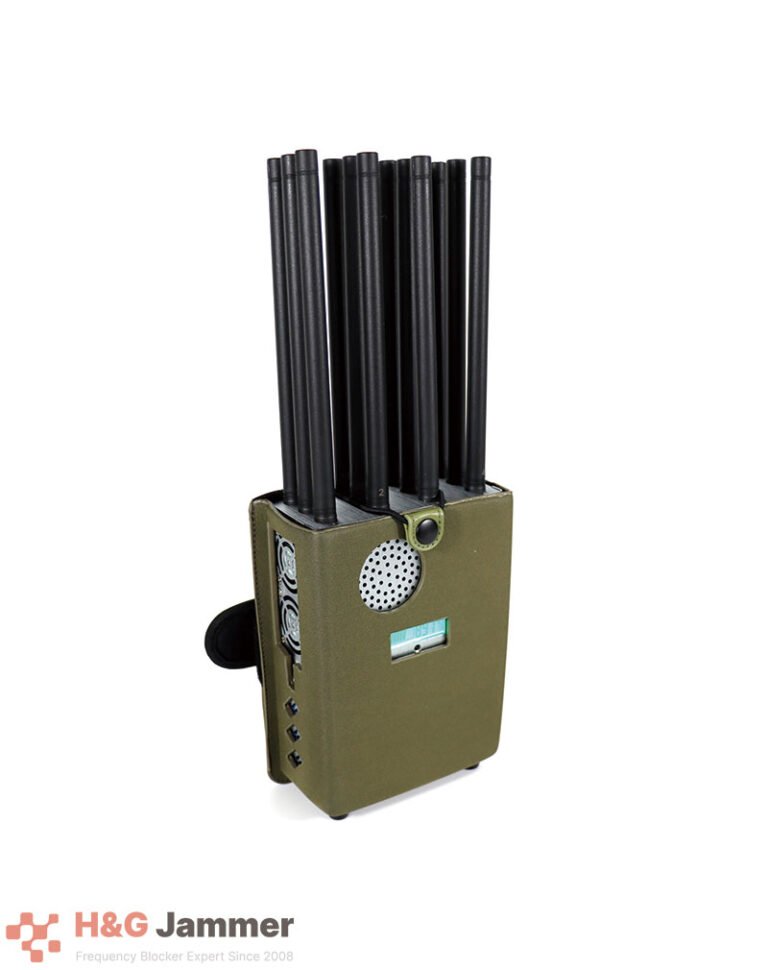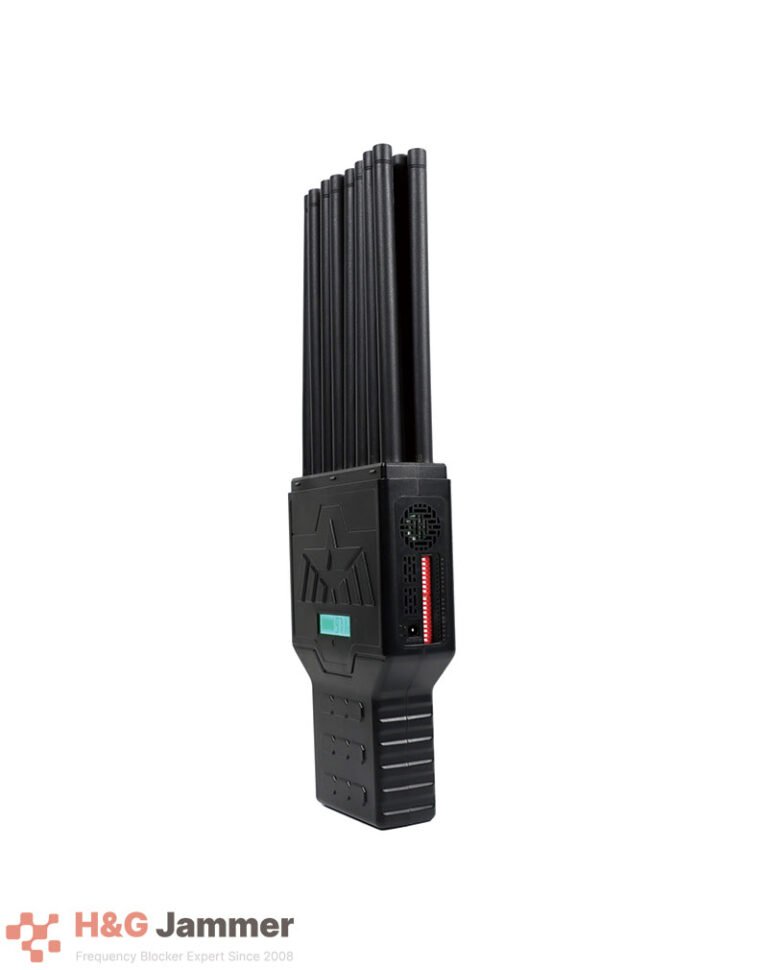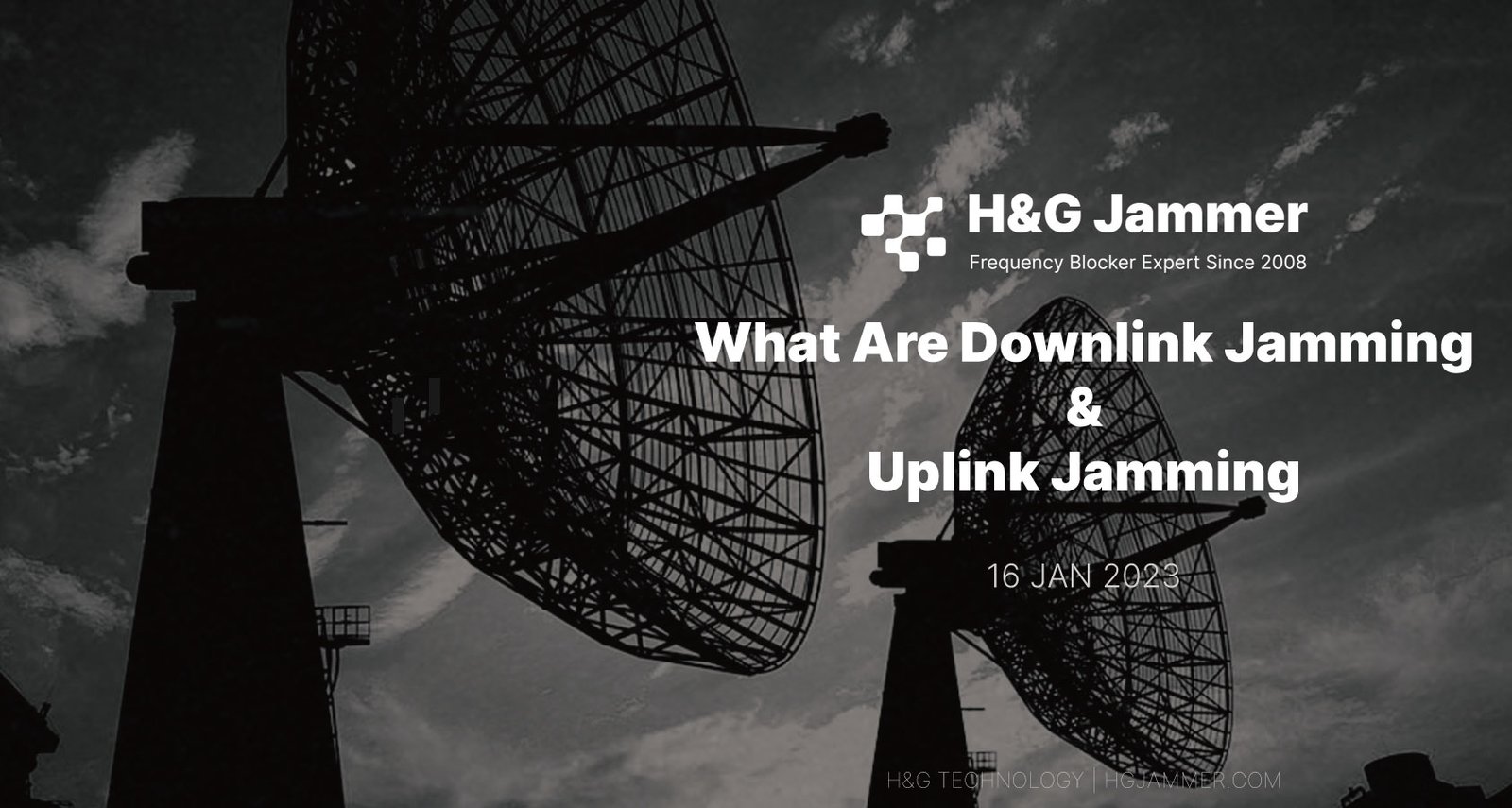Filter by price
Types
- Camouflage 2
- Desktop 9
- Handheld 16
Output Power
Channel
Range
Top rated products
-
 K418 Discreet Phone Jammer (5 meters)
$420.00
K418 Discreet Phone Jammer (5 meters)
$420.00
-
 K413 8-Channel Handheld Jammer (20 meters)
$520.00
K413 8-Channel Handheld Jammer (20 meters)
$520.00
-
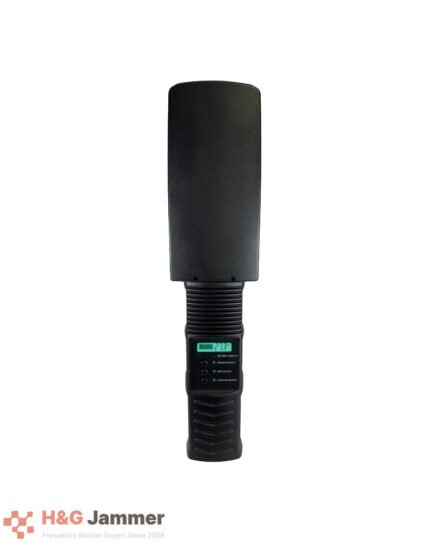 K401 Drone Jammer (500 meters)
$2,399.99
K401 Drone Jammer (500 meters)
$2,399.99
Showing all 27 results
K301 12-Channel Desktop Jammer (40 meters)
$749.99K302 16-Channel Desktop Jammer (40 meters)
$1,088.99K303 8-Channel Jammer (40 meters)
$635.99K304 12-Channel Jammer (80 meters)
$1,365.99K305 16-Channel Jammer (80 meters)
$1,839.99K308 High Power WiFi & Bluetooth Jammer (100 meters)
$920.00K402 10-Channel Handheld Jammer (20 meters)
$659.99K403 12-Channel Handheld Jammer (20 meters)
$739.99K404 16-Channel Handheld Jammer (25 meters)
$856.99K407 8-Channel Jammer (50 meters)
$777.89K410 8-Channel Jammer (20 meters)
$899.00K413 8-Channel Handheld Jammer (20 meters)
$520.00K414 8-Channel 4G Phone Jammer (20 meters)
$520.00K417 16-Channel 5G Jammer (20 meters)
$825.00
The Truth About GPS Jammers
We're all pretty familiar with GPS these days. Just like cell phone and WiFi signals, it's all around us, even though we can't physically see or touch it. Yet, it has made a huge impact on our daily lives. When we're traveling, we rely on it for navigation. Delivery companies use it to track packages. Emergency rescue services depend on GPS to accurately locate disaster areas. In short, it's an essential part of modern life.
The GPS system has two main components: satellites orbiting the Earth and ground-based GPS receivers, like the iPhone you carry around. These satellites constantly send signals down to Earth. When your iPhone picks up these signals, it calculates your exact location by measuring the time it takes for the signals to travel.
So, what if you want to block GPS signals? Simple: stop your iPhone from receiving them. That's exactly what a GPS jammer does. When you turn on a GPS jammer, it emits noise on the GPS frequency, making it impossible for any GPS receiver in the area to pick up the signals.
Why Blocking GPS Signals Might Be Necessary
GPS jammers are gaining popularity, and it’s not hard to see why. As location-tracking technology becomes more advanced, concerns about privacy grow. GPS has always been a hot topic. Since it became widely used in the 90s, the debate over whether it invades personal privacy has never really died down.
People's concerns are understandable. GPS can reveal very sensitive information—your exact location. And let’s face it, the numerous scandals over the past decade have only confirmed that these worries are totally valid.
- In 2013, Edward Snowden revealed the NSA's PRISM program, a massive surveillance operation. This program included using GPS data to monitor the locations and activities of millions of people worldwide.
- In 2014, journalist Johana Bhuiyan reported on Uber's "God View" system, which allowed the company to track any passenger's real-time location and trip history using GPS data. Further investigation revealed that many Uber employees had unrestricted access to this system.
- In 2019, The New York Times exposed Facebook for using GPS data to track users' locations without their consent. They continued to do so even after users had turned off location services.
Tech giants primarily track your location to serve you more targeted ads. But when this information is combined and used for other purposes, the consequences can be much worse. Take "Girls Around Me" a Russian mobile app, for example. As the name suggests, it showed users a map with the locations of nearby women. The app collected this information through social media's location features. Users could also view photos, interests, birth dates, and education details—all pulled from Facebook.
Today, our geo-tracking technology has become incredibly powerful. For those who want to protect their privacy and avoid being tracked, GPS jammers have become the go-to solution.
Do GPS jammers really work?
Yes. As mentioned earlier, GPS jammers are able to emit interference signals that prevent your phone from receiving GPS signals sent by satellites. When communication between the satellite and receiver is disrupted, GPS positioning becomes impossible. If your car has a tracker, simply activating a GPS jammer in your vehicle will prevent others from tracking your real-time location.
Precautions for Using GPS Jammers
Our GPS jammers don't require complicated installation procedures; all you need to do is screw the antenna and flip the switch to start. But just like our mobile phone jammers, GPS jammers can affect people around you. Once you activate a GPS blocker, all devices within its range will lose GPS signals. To avoid significant disruptions, please refrain from using GPS jammers in the following locations:
- DO NOT USE GPS JAMMER ON BELOW PLACES
Airports and airplanes: Commercial aircraft heavily rely on GPS for navigation and precision landing. Loss of GPS signal can cause aircraft to lose accurate positioning. Although our GPS jammers may not have enough power to disrupt the entire operation of an aircraft system, we still recommend not using them on airplanes.
On ships: Similar to aircraft, ships also depend on GPS for navigation and positioning.
Public places: Do not use GPS jammers in crowded areas.
Customer Reviews


Guide & Tips
Make a smarter buying decision with our guide & tips.




